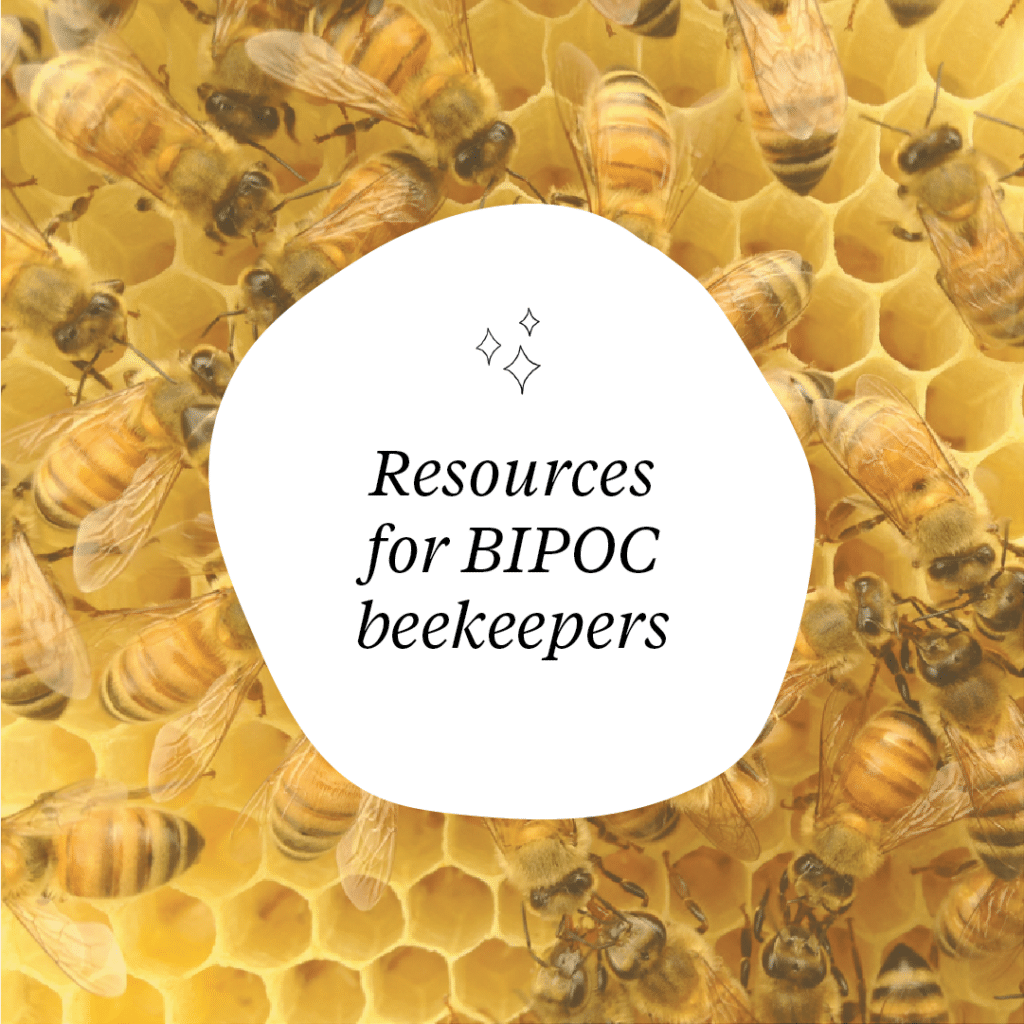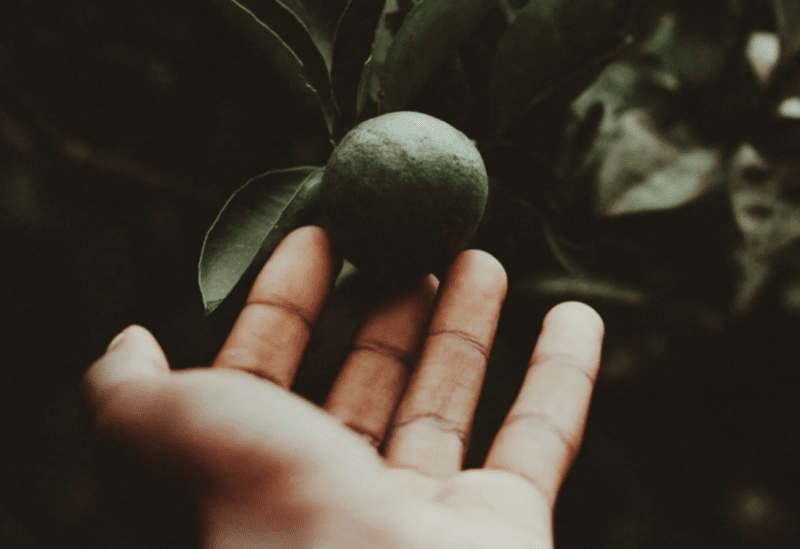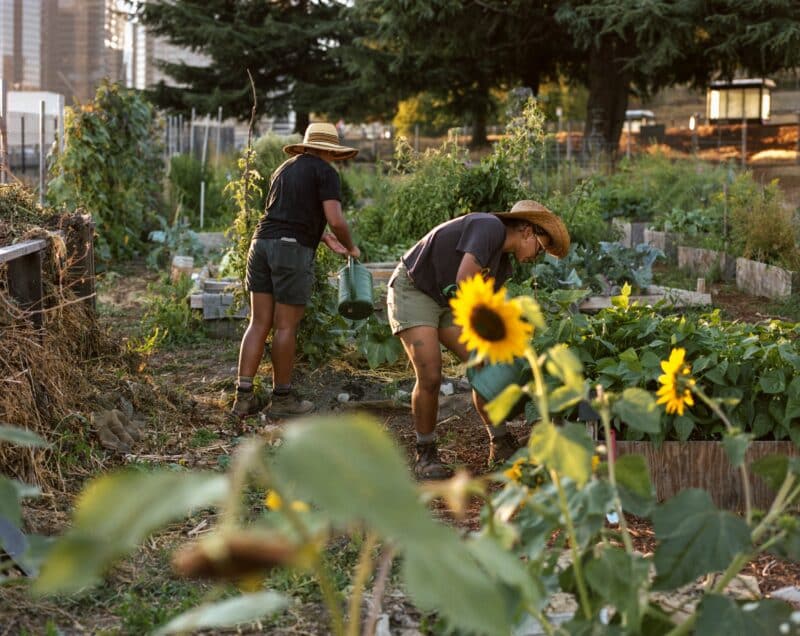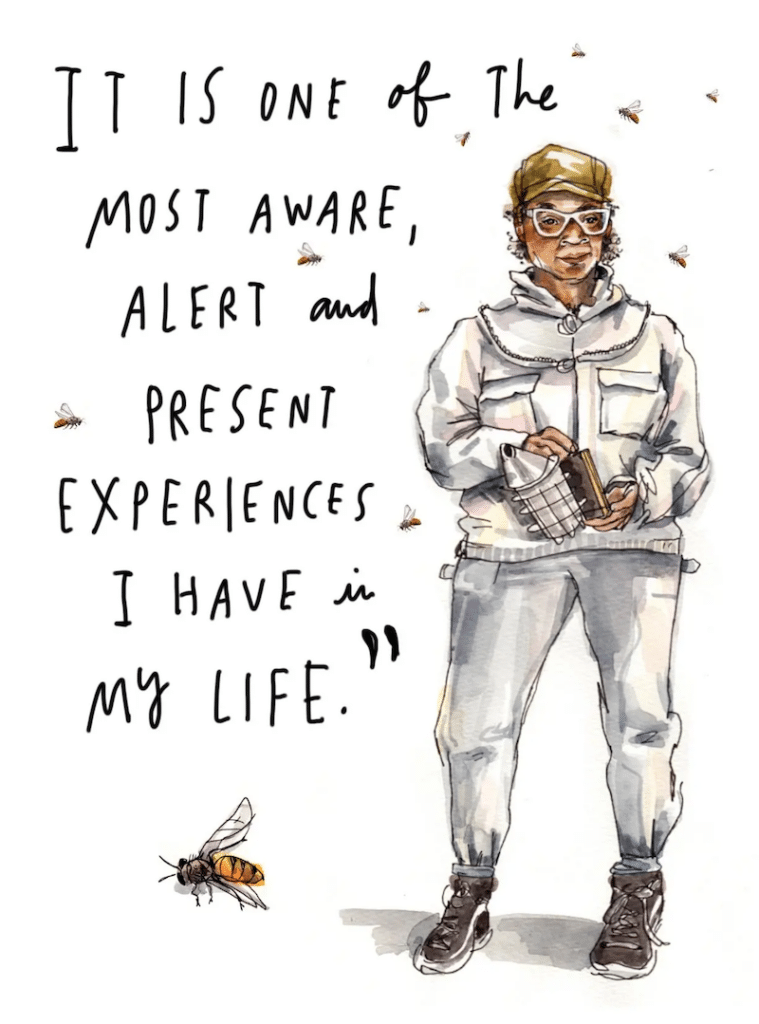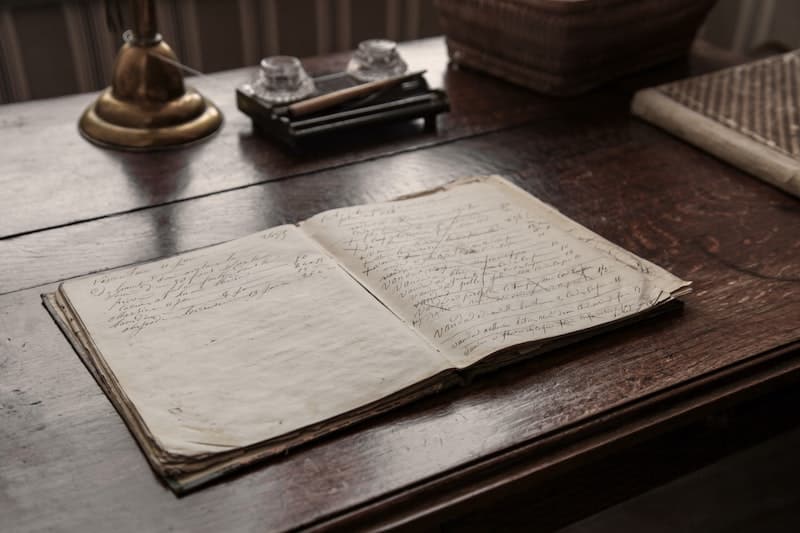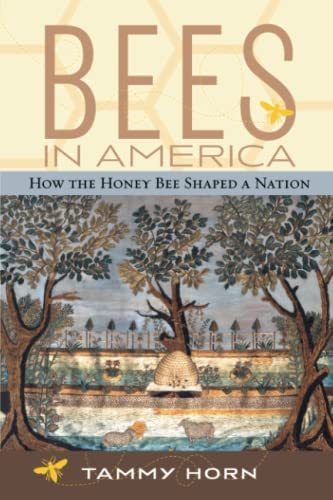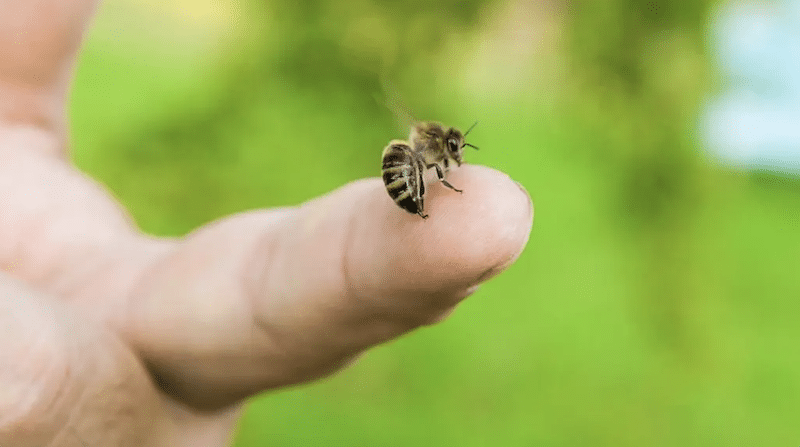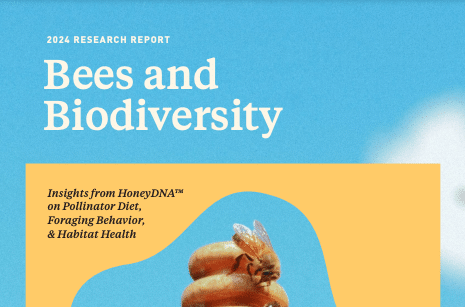Contents:
- Video Resources
- Websites and Communities
- Articles, Interviews, and Essays
- Books about BIPOC Beekeeping History, Practices, Etc
- Books by BIPOC Authors
- Music
- Documentaries, Films
- BIPOC Beekeepers, Apiaries, and Beekeeping Businesses
In honor of Black History Month, The Best Bees Company is making a commitment to further the discussion of the importance of increasing accessibility in beekeeping. Our team gathered a list of educational articles, videos, songs, and more to shed light on the incredible work of people of color in beekeeping, agriculture, and environmentalism.
Is there a resource that you think should be added to this list? Send us your ideas to [email protected] or on social media as we commit to updating these resources regularly!
Video Resources
Black Hives Matter
This video introduces Black Hives Matter, a project born out of an opportunity to bring an apiary to one of the least diverse counties in California. This video also discusses the long history of African Americans and beekeeping.
Look, Listen and Learn: You’re the Bee’s Knees (Season 2, Episode 3)
Look, Listen & Learn is an educational program that aims to inspire and advance early learning in young children of color. (Robin, a Best Bees beekeeper is in this one!)
Websites, Communities, and Organizations
Earth In Color
Earth in Color was intentionally curated with BIPOC individuals in mind — to support connection, discovery, and well-being. They are a Black-led creative studio telling stories, sharing recipes, and curating experiences to support collective healing and that of the natural world.
Instagram: https://www.instagram.com/earthincolor.co/
LinkedIn: https://www.linkedin.com/company/earthincolor/
Black Farmers Collective
“Our mission is to build a Black-led food system by developing a cooperative network of food system actors, acquiring and stewarding land, facilitating food system education, and creating space for Black liberation in healing and joy. We envision Black liberation through food sovereignty, in spaces built on cooperation and interconnectedness with the environment and the community, where our knowledge and creativity are boundless.”
Instagram: https://www.instagram.com/blackfarmerscollective/
Facebook: https://www.facebook.com/blackfarmerscollective
Agraria Center for Regenerative Practice: BIPOC Farming Network
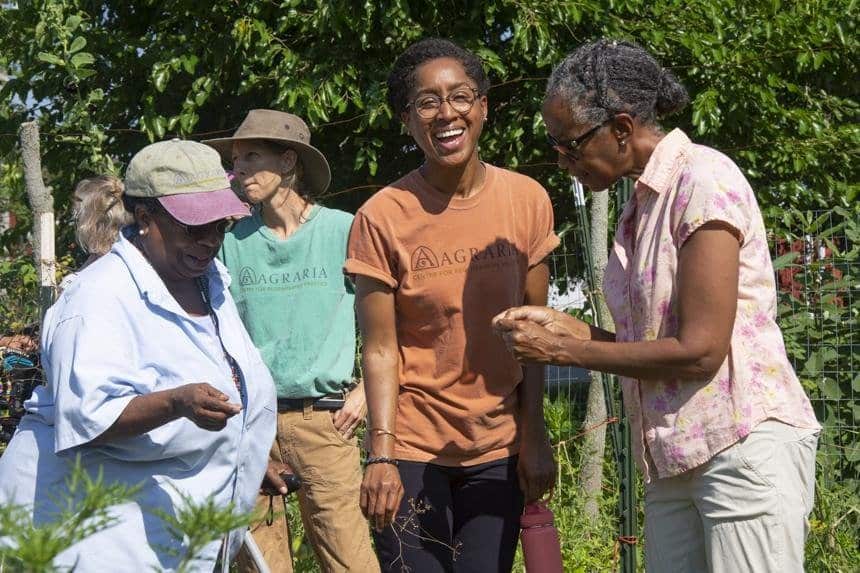
A regional and national network through which Black and brown farmers, herbalists and other practitioners can connect, share resources and explore cooperatives or other economic models. For the last couple of years, the BFN has published a quarterly newsletter and held virtual round table events. The newsletters keep members abreast of events and other happenings in the BIPOC farming community and the greater farming community at large. Additionally, the newsletter highlights BIPOC farmers, lists recommended books on topics that address our food system, as well as regional farm-related job openings.
Nature For Justice: ICRNet Program for BIPOC Farmers in the Southeast U.S.
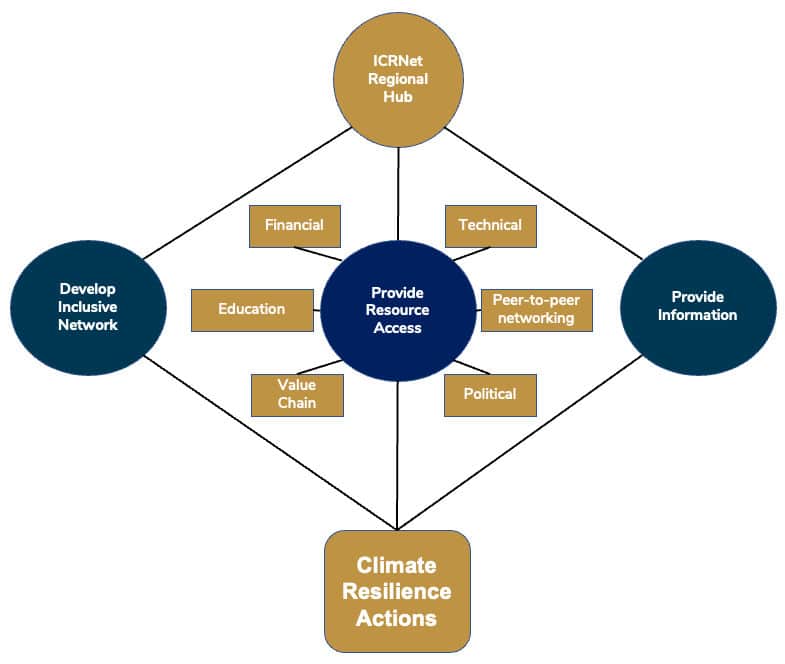
The Inclusive Climate Resource Network (ICRNet) is a core U.S. program for Nature 4 Justice and is funded through partnerships with The Kenan Charitable Trust, The Walmart Foundation, and other donors. The purpose of the ICRNet program is to provide access to resources to create greater climate resilience among BIPOC (Black, Indigenous, and persons of color) farmers in a three to five county region. The graphic above illustrates the vision of how the program will work to uplift BIPOC farmers and land stewards.
National Black Food and Justice Alliance
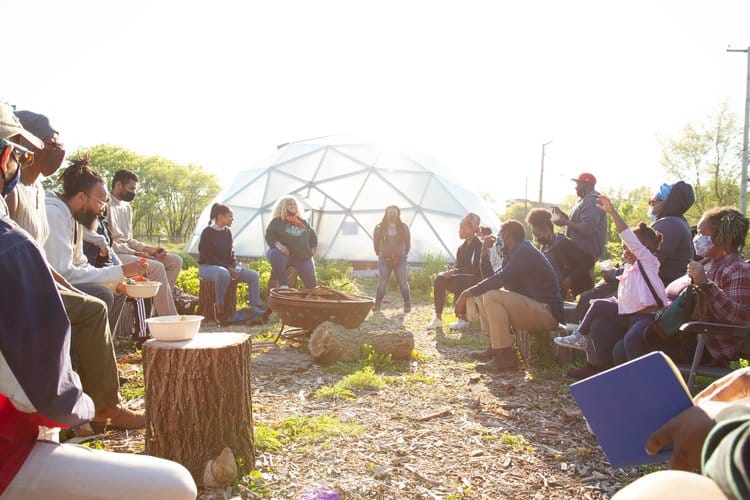
The National Black Food and Justice Alliance (NBFJA) represents hundreds of Black urban and rural farmers, organizers, and land stewards based nationwide working together towards an intergenerational, urban/rural movement to map, assess, train and deepen the organizing, institution building and advocacy work protecting Black land and work towards food sovereignty.
Articles, Interviews, and Essays
How Bees and Black Folks Have a History of Working Together, by Cameron Oglesby
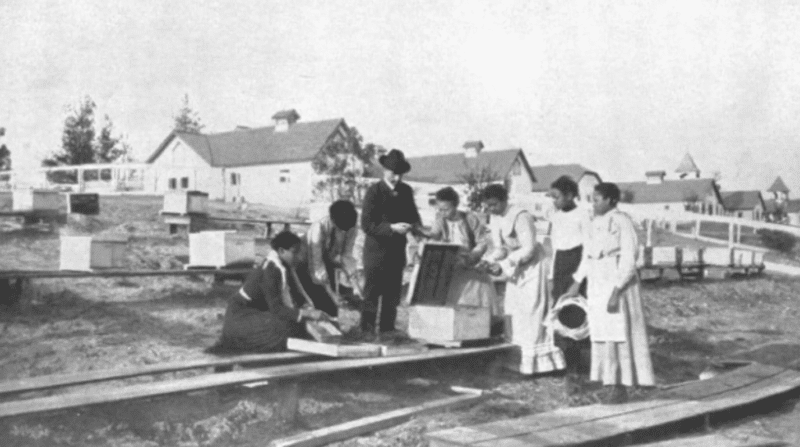
This article briefly touches on the struggles facing bees today, including climate change and habitat loss. It then dives into the history of black and BIPOC beekeeping in the United States. It discusses the important role the Tuskegee Institute played in American beekeeping by adding beekeeping to their curriculum as an important agrarian skill for Black men and women. In particular, it highlights the key contributions of Margaret Murray Washington, who founded The Lady Beekeeper club in 1892. Her beekeeping organization became one of the most highly regarded programs of the time.
Beekeeping in, of or for the city? A socioecological perspective on urban apiculture, byDouglas B. Sponsler and Eve Z. Bratman
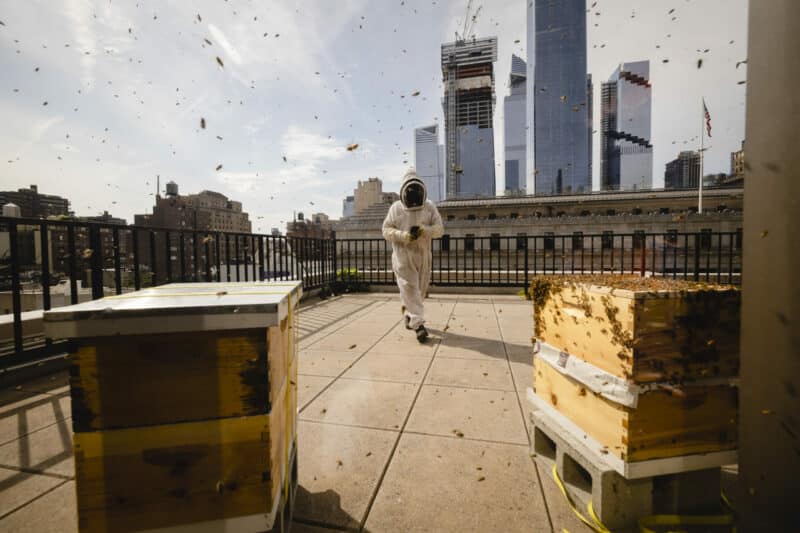
This article was published in the People and Nature Journal in June 2021. The authors identify and discuss specific socioecological assets and liabilities of urban beekeeping, and how these relate to beekeeping in, of and for the city. They then formulate actionable guidelines for maturing the practice of urban beekeeping into a beneficent and self-critical form of urban ecological citizenship; these include fostering self-regulation within the beekeeping community, harnessing beekeeping as a ‘gateway’ experience for a broader rapprochement between urban residents and nature, and recognizing the political-ecological context of beekeeping with respect to matters of socioecological justice.
Diversity: Vigor in the Bee World, by M.E.A. McNeil
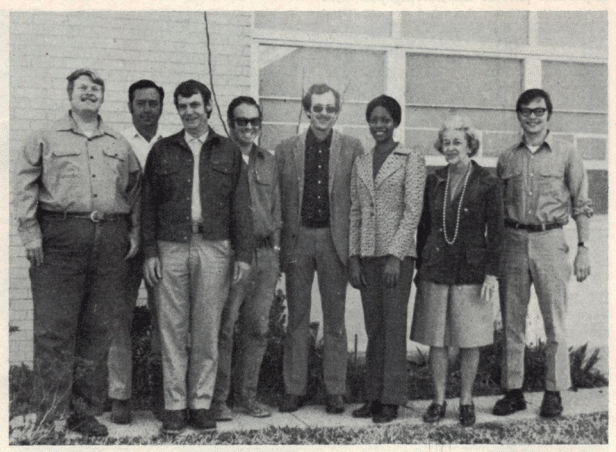
This article was published in February 2021 in the American Bee Journal. McNeil provides a detailed, highly researched, comprehensive review of the history of beekeeping in the United States – starting with when it was just a white man’s hobby. The article illustrates the challenges and barriers female, BIPOC, and LGBTQ+ beekeepers had to face, and important scientists, researchers, and beekeepers who pushed for inclusivity in entomology and beekeeping. It also highlights influential BIPOC and LGBTQ+ scientists and beekeepers, both in history and working today, with interviews and quotes from the individuals themselves.
Talking to a Black Woman Beekeeper About the American Ideal, by Wendy MacNaughton
Illustration by Wendy MacNaughton
There’s so much more to a hive than buzzing bees and harvesting honey. Colonies work together for the greater good and thrive off of their community – kind of like us, too! This visual representation of the New York Times conversation with activist Mia Birdsong, illustrated by graphic journalist Wendy MacNaughton, shows a greater understanding of how our own survival depends on connection, similar to bees in a hive.
Honey-collecting in prehistoric West Africa from 3500 years ago, by Julie Dunne et al.
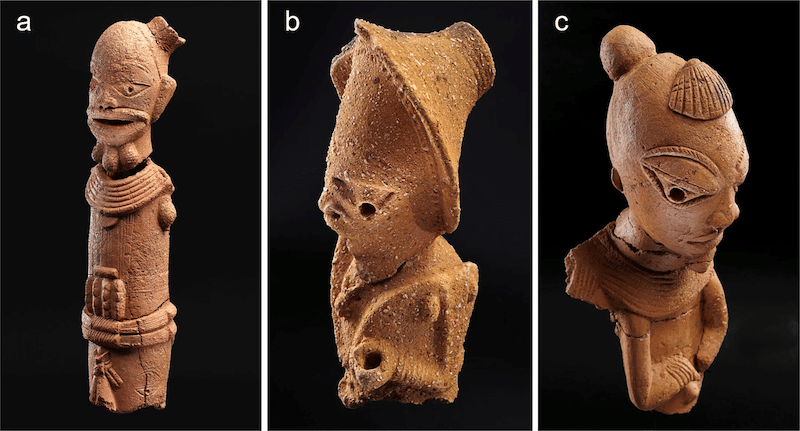
The golden, sweet liquid known as honey is a pantry staple in many households, but the benefits of collecting and harvesting honey date back long before our time! This article documents the importance of honey collection by early farmers in West Africa around 3,500 years ago.
Black Lives Matter: Revisiting Charles Henry Turner’s experiments on honey bee color vision, by Martin Giurfa and Maria Gabriela de Brito Sanchez
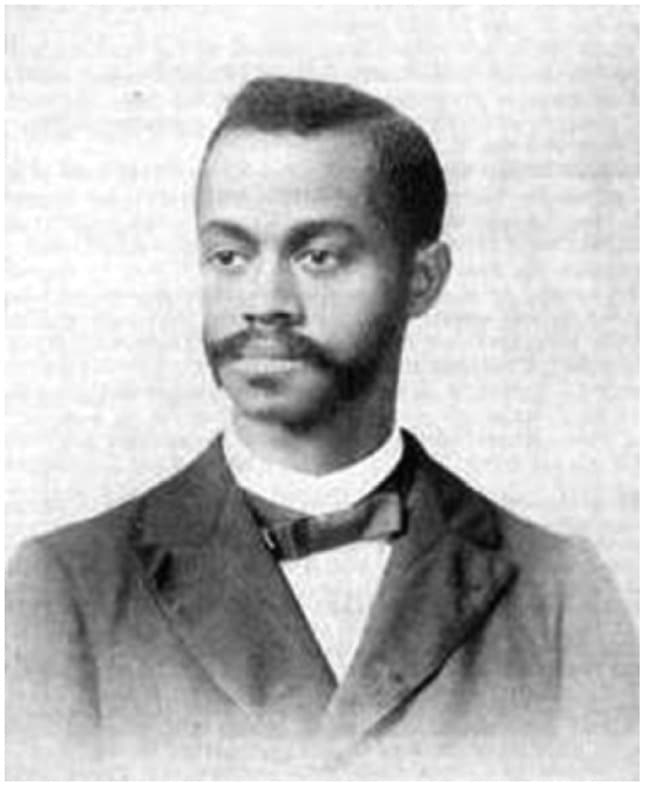
When it comes to scientific accomplishments in the United States, the Black community has undoubtedly played a key role – even amidst racism that was and still is prevalent to this day. This issue from Science Direct tells the fascinating and inspiring story of Henry Turner, a Black scientist who published more than 70 papers; including one that focused on honeybee’s ability to visualize color.
African Beekeepers: Notes On Methods And Customs Relating To The Bee-Culture Of The Akamba Tribe In Kenya Colony. By J. K. R. Thorp.
“The Mukamba bee-keeper is deeply attached to his bees and will talk to them and even pray to them. He respects their apparent intelligence and marvels at their industry. He knows how to look after them and how to control them; and when he is in a position to control them he is without fear.” – J. K. R. Thorp
The practice of beekeeping has been generating extra buzz over the past 10+ years, but did you know that beekeepers have been caring for bees around the world long before that? These notes from J.K.R. Thorp were written over the span of one year in the 1930s while the author was stationed in the Kitu District of Kenya. In this collection of notes, the author describes the detailed practice of beekeeping performed by Kenyans in the Akamba Tribe.
Books about BIPOC Beekeeping History, Practices, Etc
Bees in America: How the Honey Bee Shaped a Nation By Tammy Horn
Honeybees have been ingrained in American history for hundreds of years, and this novel by beekeeper Tammy Horn offers a greater understanding of the impact that bees have on American culture. If you want to take a deep dive into the history of bees and how they’ve influenced our nation, this is the book for you.
Books by BIPOC Authors
Radicalize the Hive by Ang Roell

This book, written by Ang Roell, the founder of They Keep Bees, is a series of stories from the field and resources for new and experienced beekeepers. Learn from the experiences of beekeepers who are women, femmes, and people of color while you start your own beekeeping journey!
Music
“Rainforest” by Noname
This track by revolutionary artist, Noname, was released in 2021 and illustrates the tragedy of land extraction for profit. If you’re interested in learning more about environmentalism and the necessary steps we all need to take to protect the earth, this is a great resource to get you started and inspired.
Documentaries, Films
Believe In Ghosts
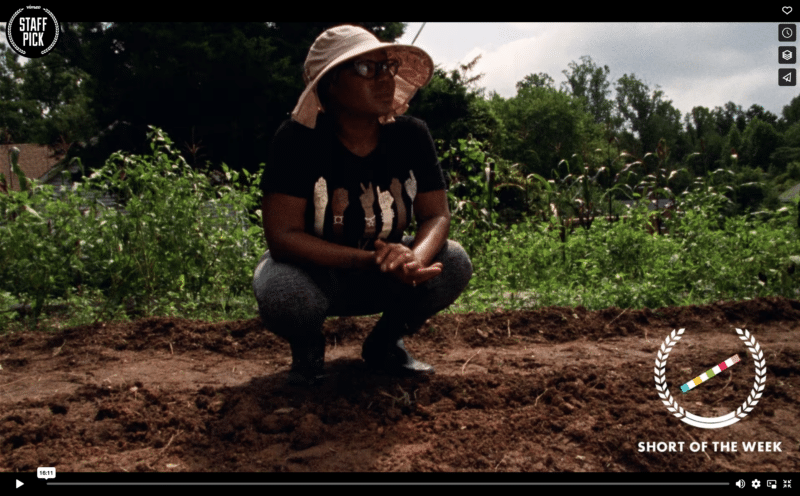
Directed By: Courtney Dixon
Produced by: John Cassaras, Pamela Dembo, Janis Vogel
The film celebrates Samantha Foxx, the owner of Mother’s Finest Family Urban Farms in North Carolina, and it explores how black-owned farms systemically face challenges. The film elegantly demonstrates how discrimination has played a hand in that challenge, specifically for Samantha and her ancestors.
BIPOC Beekeepers, Apiaries, and Beekeeping Businesses
Zack and Zoe Sweet Bee Farm
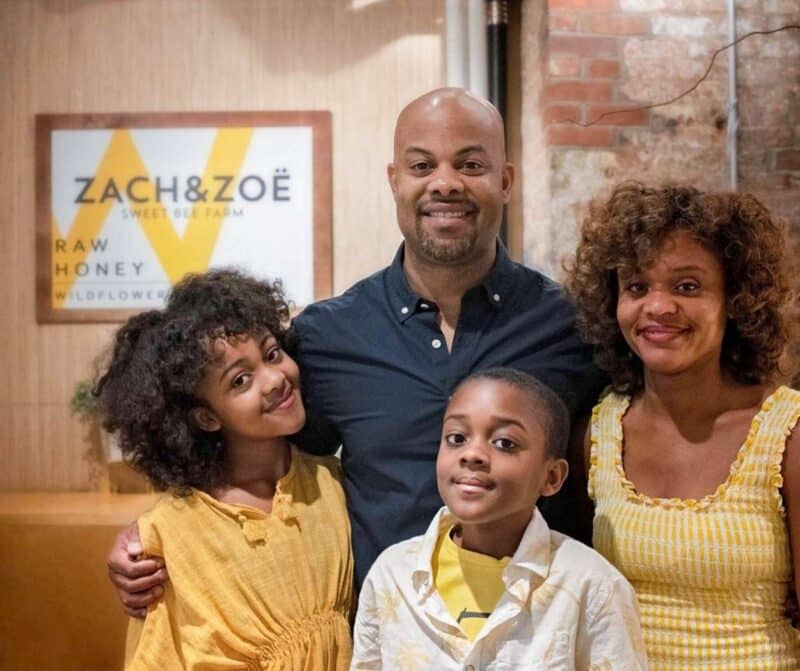
“Small-town family who started beekeeping to help alleviate our son Zach’s allergies. We’ve been on a mission to change the way people view honey and bees ever since, one jar of honey at a time.”
Bearing witness to honey’s healing properties first hand sparked a business idea for the Johnsons: infusing their raw local honey with superfoods. They launched Zach & Zoë Sweet Bee Farm in 2016. They strive to serve as an inspiration and educational resource for other BIPOC beekeepers.
Detroit Hives
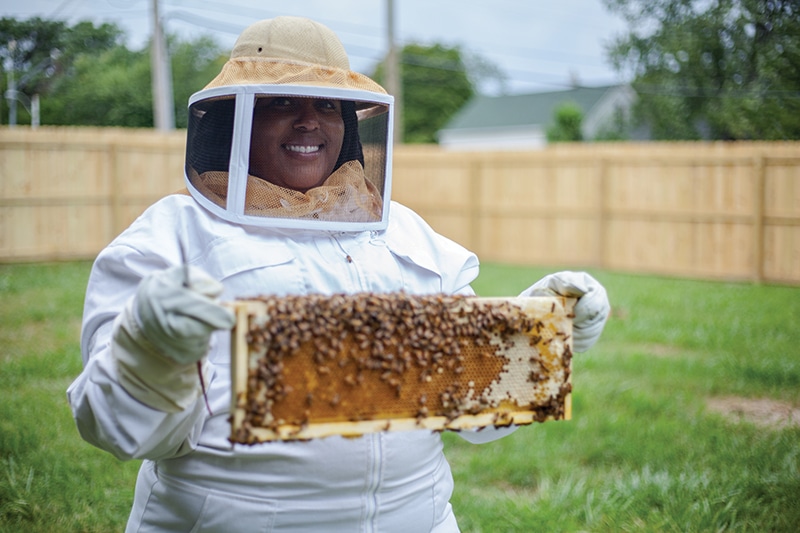
Lindsey and Paule Jackson are co-founders of Detroit Hives which hosts apiaries on some of the city’s vacant lots. In a 2016 newspaper clipping, they discovered the city had more than 90,000 vacant lots, mostly in low-income areas. Detroit Hives aim to spread awareness and build support for the conservation of honey bees, as well as raise the value of their communities, making them safer and stronger as a result.
Happy Organics

Happy Organics LLC, a sustainable farm and apiary out of Merced, California, is run by Jessica Gonzalez, a third-generation beekeeper. Jessica developed innovative and regenerative farming principles to make wellness and honey products that would benefit those around her.
“Beekeeping first began with my grandfather in Michoacán, México. He tended and cared for the bees on his farm while my grandmother sold beeswax at the local Mercado. He later passed down his skill set to my father, who cared for his own bees on our family farm in Merced, California.”
Sankofa Farms
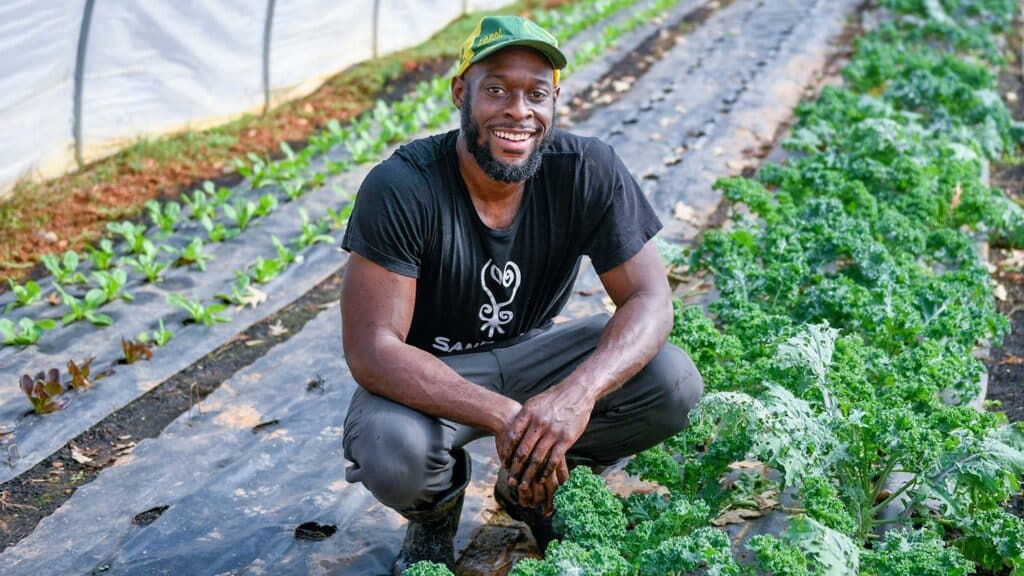
Sankofa Farms LLC, Founded by Farmer and Public Speaker Kamal Bell, is a multifaceted agricultural entity that is changing food intake habits of those living in and affected by food deserts. The farm also developed the Sankofa Farms Agricultural Academy, a year round intensive S.T.E.M. based program that seeks to educate students on the existing problems within agriculture.
Mother’s Finest Urban Farms
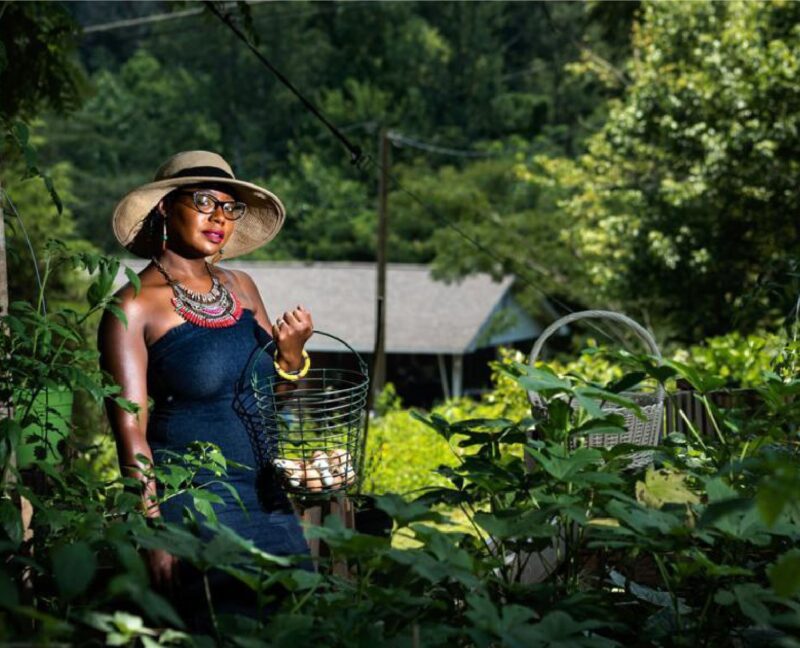
When Samantha Foxx Winship walked into her first beekeeper’s association meeting in Forsyth County, North Carolina, she was shocked by the lack of diversity. But she saw a space she could fill for other people who look like her, so she kept going back. Foxx Winship is now a certified beekeeper and founder of Mother’s Finest Urban Farms, a farm she runs on a five-acre property that hosts her primary apiary.


